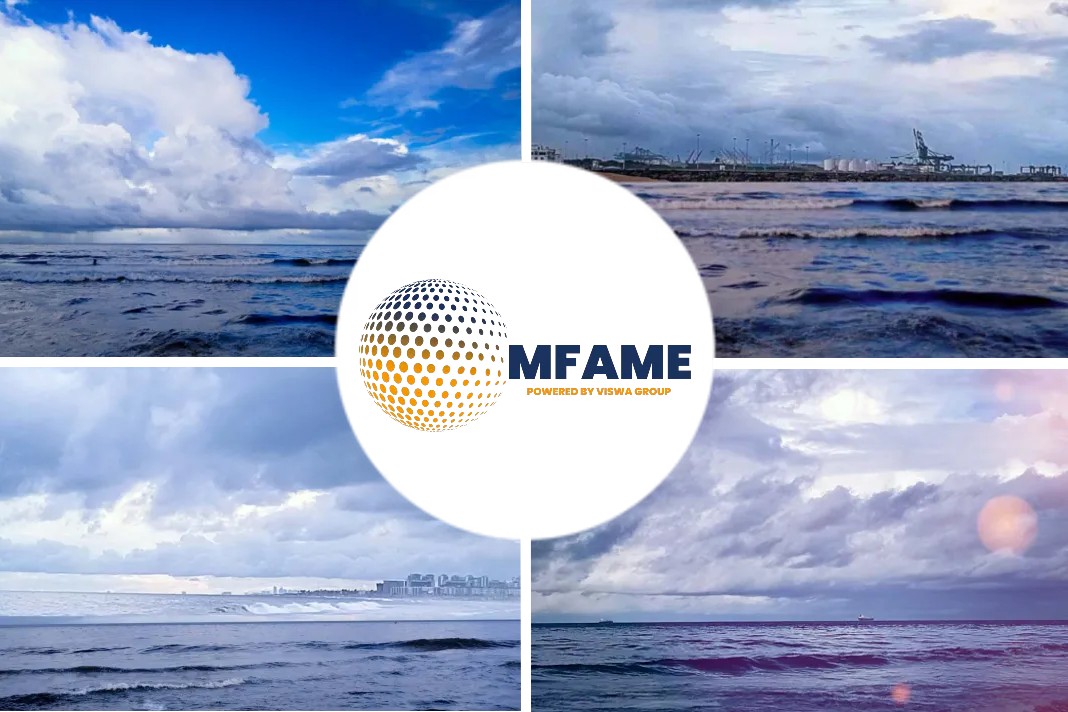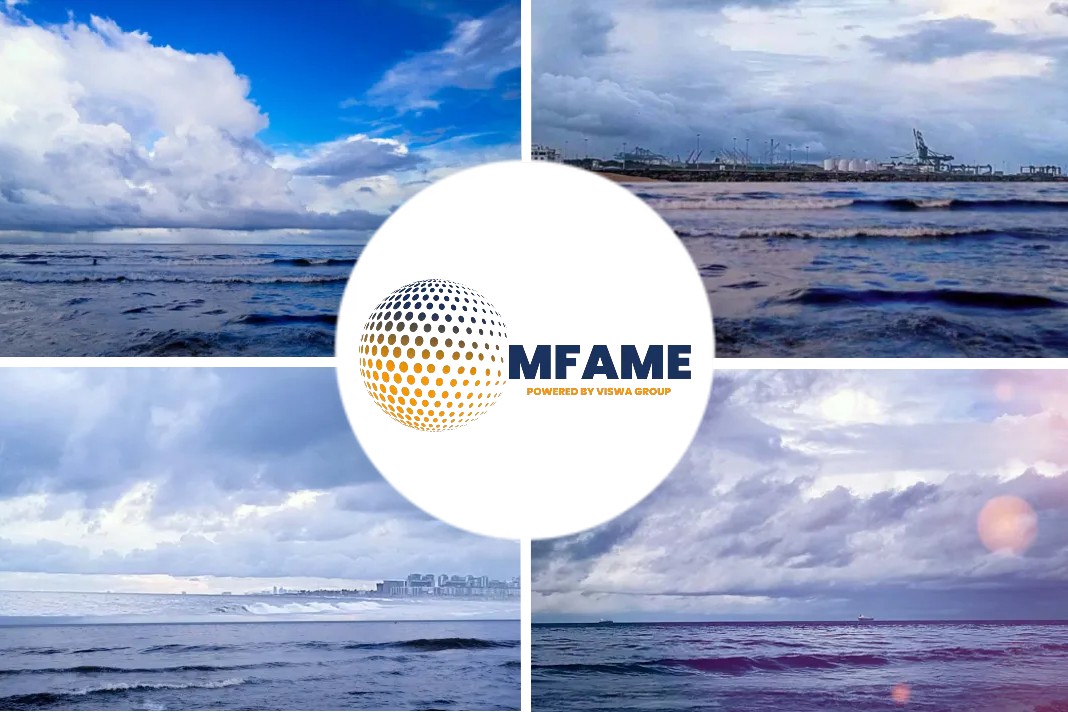According to an article written by Freight Waves, Senior Editor, Greig Miller, John Fredriksen, the world’s most famous shipping magnate has made a very large bet that the IMO 2020 rule, which will cap marine-fuel sulfur content, is going to be highly profitable for the tanker sector.
More Expensive To Ship Cargo
To put it another way, it’s a wager that it will be more expensive to ship cargo by sea. If so, there would be consequences for all transport modes, including those on land — because if the cost of marine fuel surges, diesel will almost certainly follow suit.
Frontline Showed It
Before market open on Aug. 23, Frontline (NYSE: FRO) announced the acquisition of 10 Suezmaxes (a Suezmax is a tanker that carries 1 million barrels of crude oil) from global commodities trading giant Trafigura, with an option for four additional Suezmaxes. The largest shareholder in Frontline is Hemen Holding, Fredriksen’s private investment vehicle.
IMO 2020 requires all ships to burn marine fuel with a sulfur content of 0.5% or less beginning Jan. 1, 2020, unless they’re equipped with exhaust gas scrubbers. Ships with scrubbers can continue to burn less expensive heavy fuel oil (HFO). All of the Suezmaxes being acquired by Frontline were delivered from the shipyard this year and all of them have scrubbers.
Frontline is paying a combination of $538 million to $547 million in cash and $128.3 million in shares. Trafigura will be given just over 16 million shares of Frontline, equating to an ownership stake of 8.5%.
The deal is expected to close sometime between Nov. 15 and March 15, 2020, and Frontline is so confident on tanker markets that it’s chartering-in all 10 Trafigura ships until the closing date at $23,000 per day, giving it immediate market exposure. Including the 10 ships, Frontline’s fleet will increase to 75 tankers totaling 14.2 million deadweight tons.
Bullish Attempt?
Deutsche Bank transportation Amit Mehrotra described the deal as Frontline “levering up ahead of the IMO [2020] catalyst.”
Clarksons Platou Securities managing director Frode Mørkedal said the transaction shows Frontline “is quite bullish to the near-term market prospects.” He also pointed out that “the message from Frontline’s CEO was ‘the market is about to turn and we are positioning ourselves’ by increasing the fleet.”
Positioning Ahead of IMO 2020
This is the second major deal by Fredriksen to position itself for IMO 2020 in the past two weeks. As previously reported by FreightWaves, a new marine-fuel joint venture (JV) was announced on Aug. 13 between Trafigura, Frontline and Golden Ocean (NASDAQ: GOGL). Fredriksen’s Hemen Holding is the largest shareholder of Golden Ocean, which owns dry bulk ships.
Trafigura operates a large network of marine-fuel facilities around the globe and is contributing those facilities to the JV, which will be the exclusive fuel provider to Trafigura and entities linked to Hemen Holding. Third parties will also be serviced. Trafigura will own 75% of the JV, Frontline 15% and Golden Ocean 10%.
IMO 2020 game plan
This month’s transactions by Fredriksen’s companies imply a clear and highly aggressive IMO 2020 strategy.
- First, the plan is to increase spot-market exposure to rising rates in both the tanker and dry bulk sectors on the expectation that the IMO 2020 transition will increase rates.
- Second, scrubbers are being installed aboard a significant number of owned ships. This is being done by both Frontline and Golden Ocean, and Frontline has just significantly hiked its scrubber coverage with the Trafigura fleet deal. Frontline has also mitigated scrubber costs through its 29% stake in scrubber manufacturer Feen Marine Scrubbers, which counts Frontline and Trafigura as clients.
- Third, fuel supply is being secured. Ample supply of low-cost HFO to fuel scrubber-equipped ships as well as ultra-low-sulfur-fuel for the rest of the fleet has been secured through stakes in the marine-fuel JV. Furthermore, the fact that Trafigura will now own 8.5% of Frontline gives Trafigura further incentive to ensure the marine-fuel JV serves the needs of Fredriksen’s companies.
- The final part of the plan is implementation: Use the scrubber-fitted spot ships to obtain an extra profit margin over competitors’ non-scrubber ships, and use the marine-fuel investment to offset some of the costs of complaint fuel for Fredriksen-linked ships that do not have scrubbers.
Few other market participants are as operationally leveraged to IMO 2020, although Fredriksen’s success in the past is no guarantee the current plan will work. It requires one final ingredient that’s outside of anyone’s control — the spread between HFO and compliant fuel needs to actually widen as predicted.
Did you subscribe to our daily newsletter?
It’s Free! Click here to Subscribe!
Source: Freight Waves















